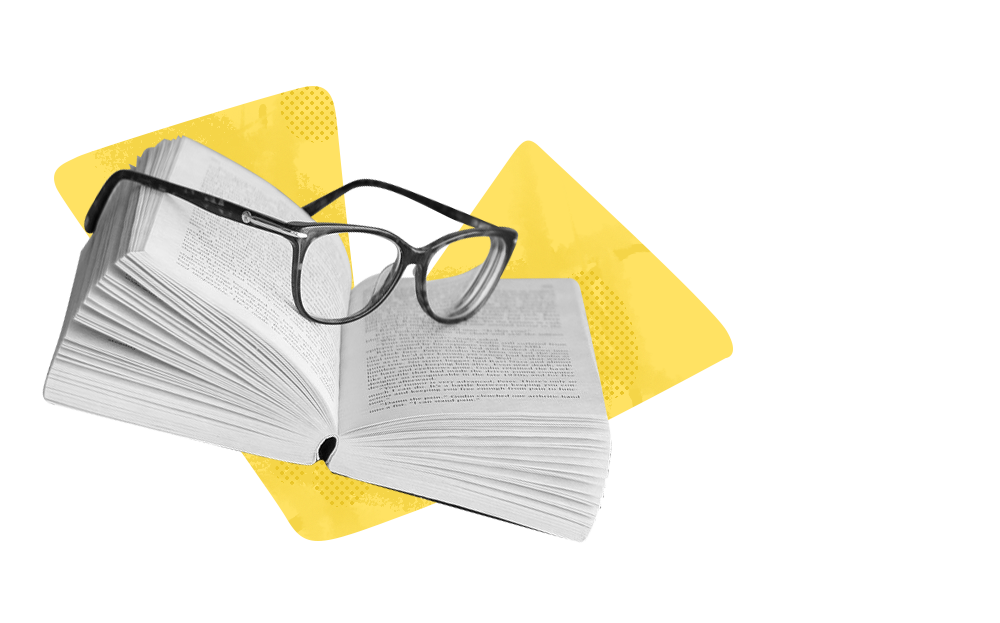Hello Friend,
We often hear from our followers and receive stories that are worth sharing. Here is one from Israel. Michal Zak gathers a circle of women in her small town to celebrate International Women’s Day by telling stories about their Grandmothers. We thought this would be especially nice to share with you now, during this unprecendented time where gathering is on hold. It’s a beautiful story about love, generations, trauma and the healing power of storytelling. Enjoy.
I have been following the Twisting the Plot blog and podcasts, and it got me thinking about my community. I live with 100 Jewish and Palestinian families in a small village in Israel. The “founding mothers and fathers” are about 65 years old. As one of the elders (I am 61) I believe it is important for us as elders, to move aside and let the younger generations lead, but I am also aware of the multitude of experience (good and bad), and of the knowledge that we hold. My motto to the younger generation is “make new mistakes, don’t make the mistakes that we have already made.”
Recently we have noticed that there is a new social class in our village: the grandparents. So, three other women and I decided to organize the International Women’s Day activities around the topic of Grandmothers. We counted 18! We usually don’t have official only-women meetings in the village (unofficially, we are always gathering, walking, doing yoga, gossiping, and solving the world’s problems). This was the third time that I can remember, since the mid-’70s, when we gathered women- only. The committee of two Jewish and two Palestinians (two older and two younger members) decided to focus on grandmothers because we wanted a topic that can be inclusive. And everyone has grandmothers… or so we thought.
We invited all the women to an evening of food and dialogue. We chose one Jewish and one Palestinian facilitator from the younger generation that alone brought many young women to the meeting, women that usually don’t participate in community dialogue. I am a group facilitator, and it wasn’t easy for me to let go, I breathed deep and offered my experience, and I must say, everything went well, and it felt good.
On Feb. 27, 2020, thirty women gathered in our spiritual center, each with a typical dish from their grandmother’s kitchen. We had carbs from Palestine, Poland, Ethiopia, Argentina, Yemen, Egypt, Turkey, Russia, Algeria, and Morocco. So, we were happy.
Thirty is a big crowd in our community. We see such participation in times of crisis or celebrations with children; the young mothers said it was great to be able to leave the kids with an in-house babysitter, without arguing who will stay home and who will go to the meeting. One young mother came with a two-week-old baby.
We were Jews and Palestinians, ages 28-75, sitting in a circle, sharing memories from our grandmothers. The facilitators had other activities planned, but the sharing part took two hours. The women didn’t want to be quick or short.
I was astounded with the number of stories about strong, loving grandmothers: one Palestinian grandmother, in the early ’80s, demanded and succeeded, to participate in her son’s funeral and even help carry the stretcher (with his body), while it was, and still is, unaccepted for women in her town to participate in funerals. A Jewish woman shared a funny story remembering her sweet old grandmother always drinking tea, only later finding out it was mixed with alcohol, yet another Palestinian woman remembered how her grandmother sat on her bed, not able to move anymore but still managed the household and the extended family, and nothing passed by her.
A Jewish grandmother sold fish in the market and used to take their eyes out with her pinky finger. A Jewish woman told a story about her grandmother that was silenced as she grew up. She said that her Moroccan grandmother never stopped looking for one of her children, a baby (one of many in those days) that was kidnapped from her hands in an Israeli hospital, in the 1950s and was probably sold for adoption. This same woman also shared a funny image that is stuck in her mind (and now in ours), of the same grandma pulling colorful kerchiefs from her bra.
A Palestinian woman told of her refugee grandmother in the Nakba (the war of 1948), she was uprooted, all her family’s land was confiscated by the State, and still, she managed to rebuild her family, as an internal refugee, in Israel.
I told the story of my grandmother, who worked in a boarding school, giving us all a model of the working woman. One Jewish grandmother from Turkey always cleaned and her hands were wet and smelled of bleach, she didn’t bother to dry them even when she fixed her granddaughter’s hair. One young woman shared how surprised she was when her grandmother accepted her as a lesbian.
We went from tears to laughter. The stories of strong women piled up until the circle reached one, and a second, and a third Jewish woman who said, “I didn’t have any grandparents growing up, they were killed in the holocaust.”
The circle was able to hold all these stories, and while often Jews and Palestinians cannot hold their histories together, this time, we were able to hear Nakba stories, holocaust stories, and stories that involved State crimes toward its weak citizens (Palestinians and Jews from Arab countries).
I am not sure if it had to do with the fact that we were only women. I have facilitated only-women dialogue groups of Jews and Palestinians who were stuck in a conflict mode or an avoidance mode for much too long. Maybe it was the topic, maybe the fact that it was an inter-generational group, or maybe it was the carbs.
Michal zak
Wahat al Salam\Neve Shalom, Israel
March 2020
